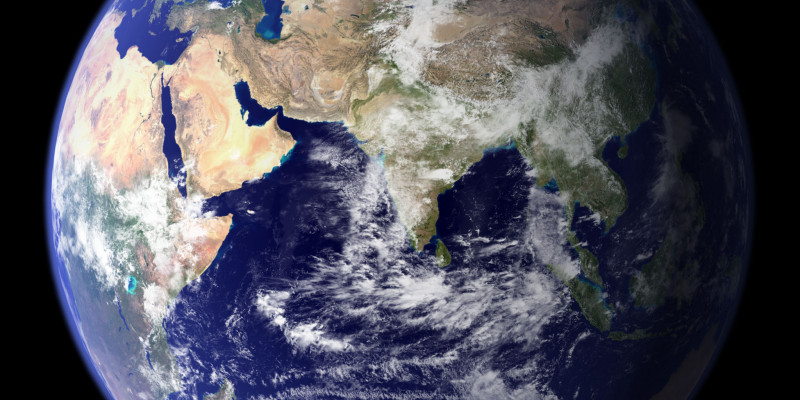In its reports the IPCC, on behalf of the United Nations, presents the latest findings on the current status of climate change. The results of international climate research confirm beyond doubt that climate change is advancing. Many changes have been observed throughout the entire climate system: not only is global surface temperature increasing but oceans are heating up, glaciers and permafrost are melting, ice sheets are diminishing and sea level is continuously rising. It is extremely likely to be confirmed that greenhouse gases caused by humans are responsible for the largest part of observed climate change. Greenhouse gas emissions must be significantly reduced in order to curb global warming.
Federal Environment Minister Peter Altmaier calls for more ambitious climate action: "with decisive action we can still prevent global warming from increasing by more than 2 degrees. This is an important message for the international climate negotiations. By 2015 a new ambitious agreement must be reached. The EU must take on a leadership role in these negotiations. For this reason, the EU must strengthen emissions trading, reinforce the EU climate target and agree on an ambitious climate target for 2030." The IPCC findings are also directly relevant for national climate policy. "With its Energy Concept, the German government already set out very ambitious climate targets. The goal of reducing emissions in Germany by between 80 and 95 per cent by 2050 compared with 1990 figures is based on IPCC calculations. With the transformation of the energy system we have begun to restructure our energy supply system using a staggered and long-term approach. Climate action, alongside the phasing out of nuclear power, plays a key role in this restructuring process."
In Berlin, Federal Minister of Education and Research Johanna Wanka stated: "it is becoming clear that not all questions relating to climate change can yet be answered conclusively. It is therefore important that we uphold our commitment to climate research. I also think we should continue to prioritise research support." Since the publication of the last IPCC report the Federal Ministry of Education and Research (BMBF) has invested approximately 490 million euro in climate research. Wanka stressed that the latest report provides us with important information on specific areas requiring further research. "We intend to thoroughly evaluate and examine the report so as to ascertain the areas where research support will enable scientists to address these unanswered questions."
President of the Federal Environment Agency, Jochen Flasbarth, made reference to the key points of the report: "since the end of the 19th century the mean global surface temperature has risen by 0.85 degrees celsius. Each of the last three decades has been successively warmer than any preceding decade since 1850. There have also been changes in extreme weather events, for instance heat waves have been more frequent in some regions." Global mean sea level rose by roughly 19 centimetres between 1901 and 2010 due to increased loss of mass from glaciers and ice sheets and increased ocean warming. This rise has accelerated over the past 20 years. In the last decade six times more ice has melted from the Greenland icecap than in the previous decade. "In comparison to the 2007 report, the findings of the latest IPCC report are even more specific and well-founded and show a great need for action."
Professor Dr Peter Lemke from the Alfred Wegener Institute for Polar and Marine Research (AWI) added: "findings on future climate developments have become more reliable and specific as they are based on a broader and improved model. Further unchecked greenhouse gas emissions would lead to significant changes, unprecedented over hundreds even thousands of years that would affect all regions worldwide and many areas of our climate system. Such changes include heavy rains, ice and snow, extreme weather events, an increase in sea level and ocean acidification. These changes would remain over centuries, even if greenhouse gas emissions were to be stopped.
The report states that in the last 15 years the temperature rise in ground level air has been slower compared to previous decades. However, this does not mean that climate change is slowing down as these changes are merely short-term, primarily dependant on natural variations and overlay the long-term warming trend. In addition to this, the melting of glaciers and arctic sea ice, the heating of oceans and many other factors prove that our climate is changing.
The report is the first of three volumes of the 5th IPCC assessment report. The second volume deals with the effects of climate change and questions concerning adaptation, the third volume focuses on options for the prevention of further greenhouse gas emissions. Publication of these volumes is planned for the end of March, middle of April 2014.
 Click to enlarge
Click to enlarge
